The housing market can be unpredictable, and various trends can negatively impact property values and demand. Here are 18 key factors that could potentially lower the value of your property. Having an understanding of these trends will help you protect your investment.
Oversupply of Housing

According to Investopedia, “When there is a glut of housing available in a market, homeowners may lower their prices due to less demand in the market.” This can also happen when developers anticipate more demand for new houses than there actually is, meaning they build more than necessary.
Economic Downturns

When the economy goes into recession, there are often a lot of job losses and unemployment, which reduces the number of people able to afford a house purchase. It also makes people more cautious with their money, and they might choose not to invest in real estate.
Decline in Local Amenities
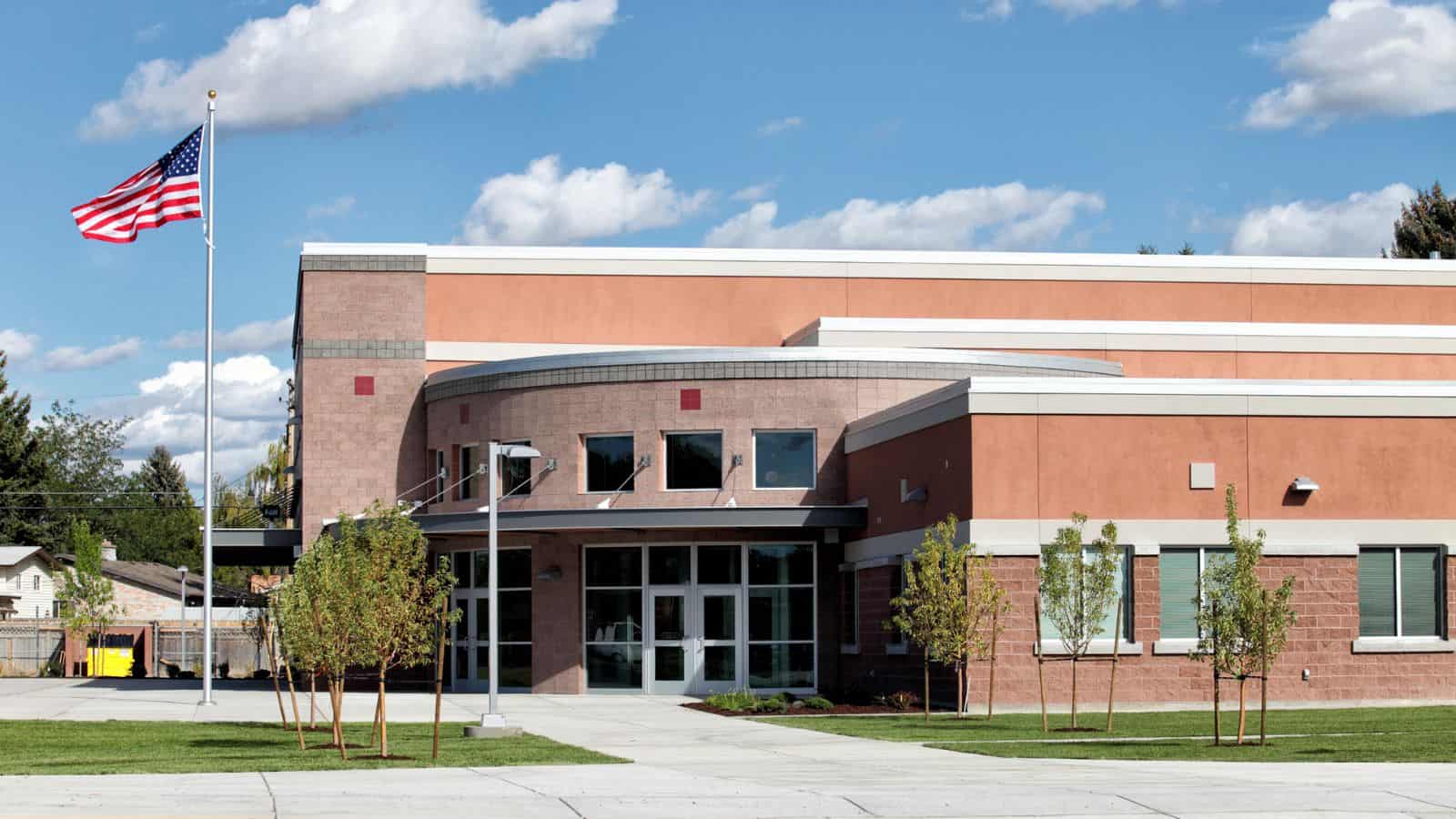
Schools, parks, and other local amenities closing in your area may make it less attractive to potential future buyers, reducing the demand for your home. Families and retirees especially seek areas with lots of amenities and may look elsewhere if they don’t have them.
Crime Rate Increase

In a study reported by the Property Buying Company, it was found that “an escalation in violent crime was associated with a decline in property prices, ranging from around 0.6% to 1.6%.” This is because buyers will start to avoid this area, leading to reduced demand and therefore lower prices.
Poor Infrastructure
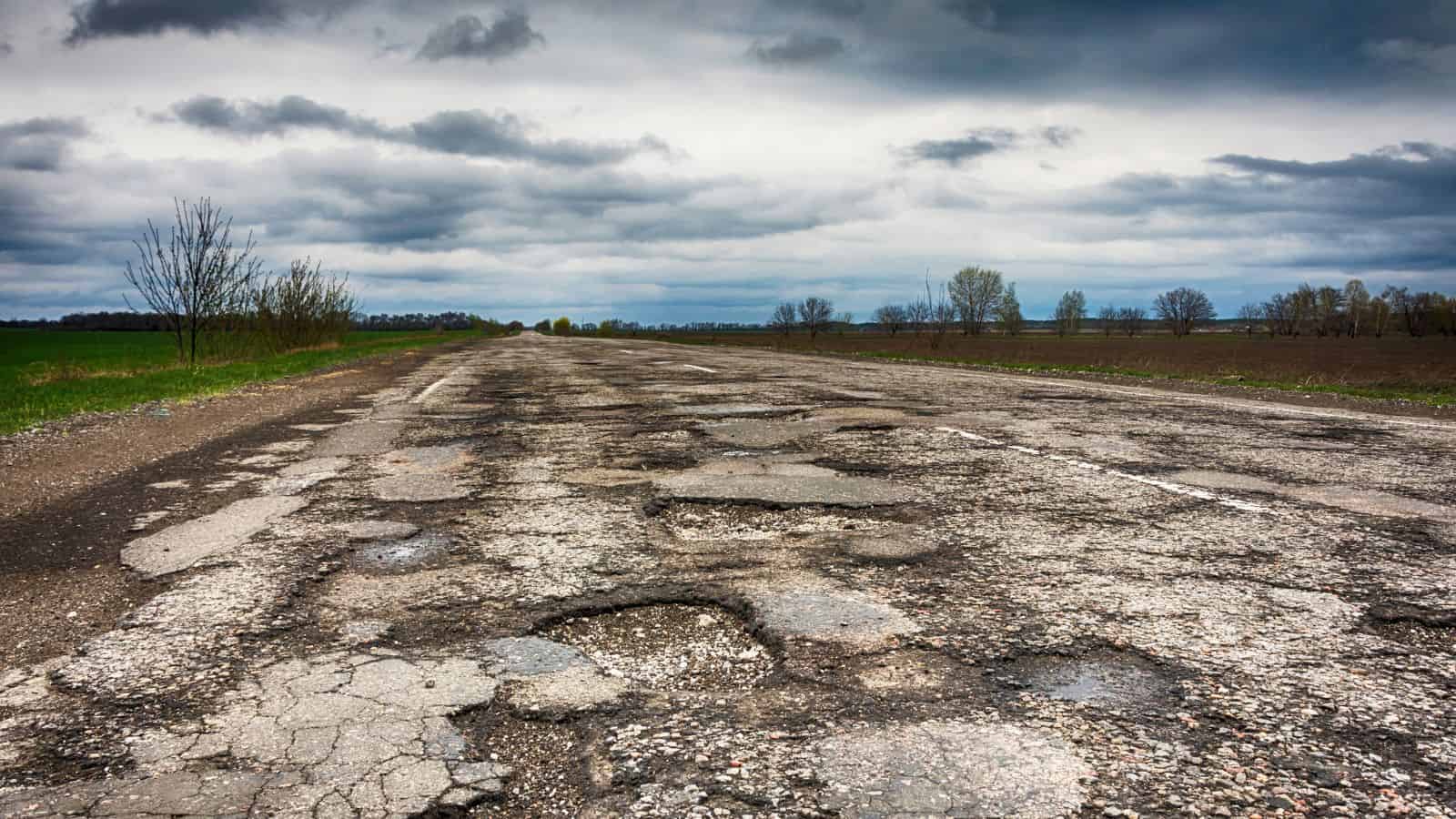
Not having good links to transportation networks makes commuting difficult, and this might reduce the appeal of your house to professionals. Also, if there are generally a lot of poorly maintained roads and infrastructure nearby, potential buyers may think there will be higher costs associated with keeping the house in good order.
Environmental Issues
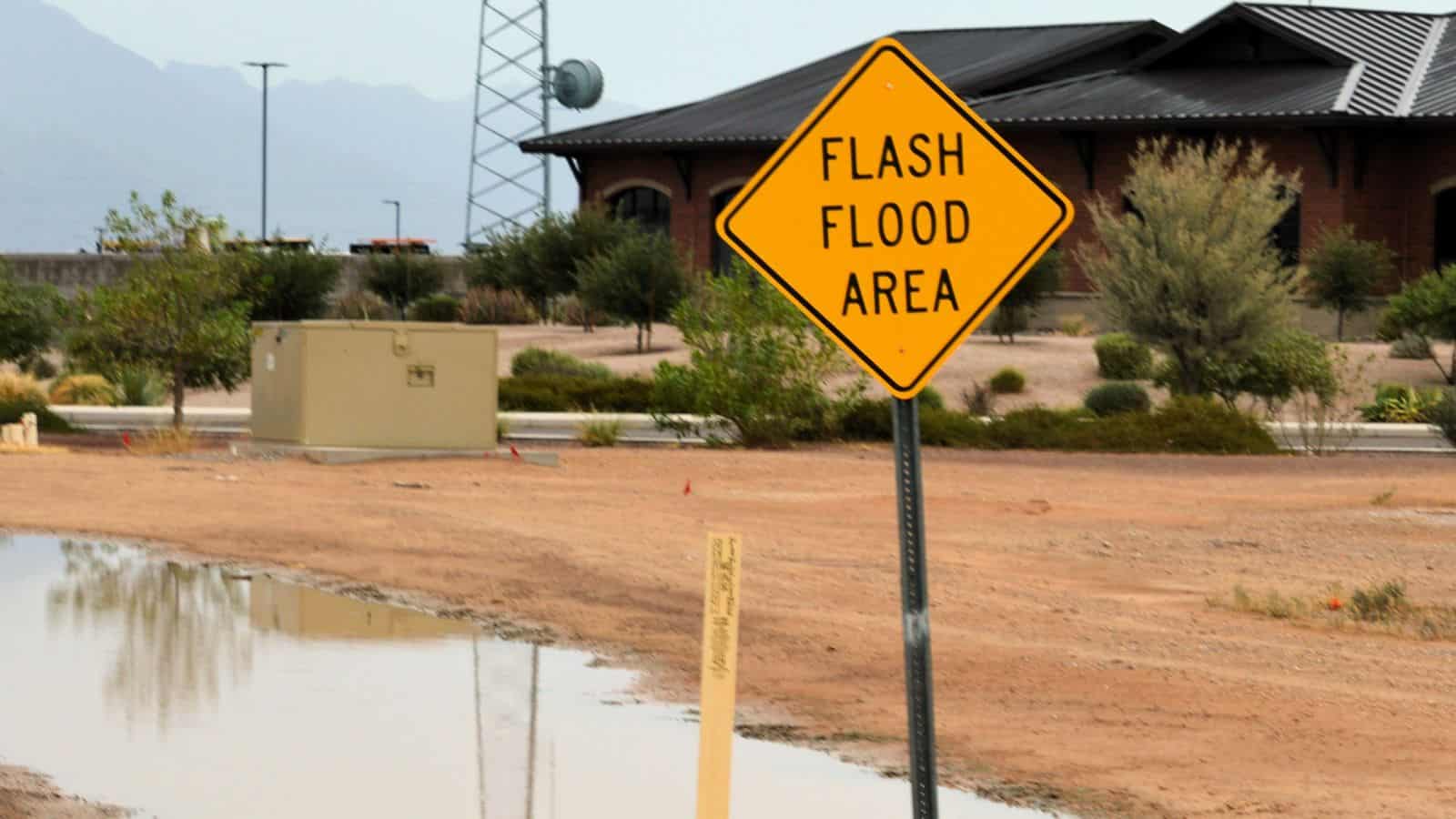
Areas that are prone to flooding, wildfires, or other natural disasters can be off-putting to buyers, as they may not want to face the damage to their belongings and homes. On top of this, insurance companies will charge higher premiums for these properties because of the risk, which may make the house less affordable for buyers.
High Interest Rates

High interest rates make mortgages more expensive, and this reduces the amount buyers are able to borrow. Bankrate says, “When mortgage rates rise, that leads to an increase in the monthly payments for a loan of the same amount.” This reduces demand and, therefore, lowers prices.
Changes in Zoning Laws

New zoning laws might allow for new commercial or industrial developments near your house. This can leave your neighborhood seeming less appealing due to the potential for increased noise and traffic in your area, which would affect residents’ privacy and peace.
Foreclosure Rates
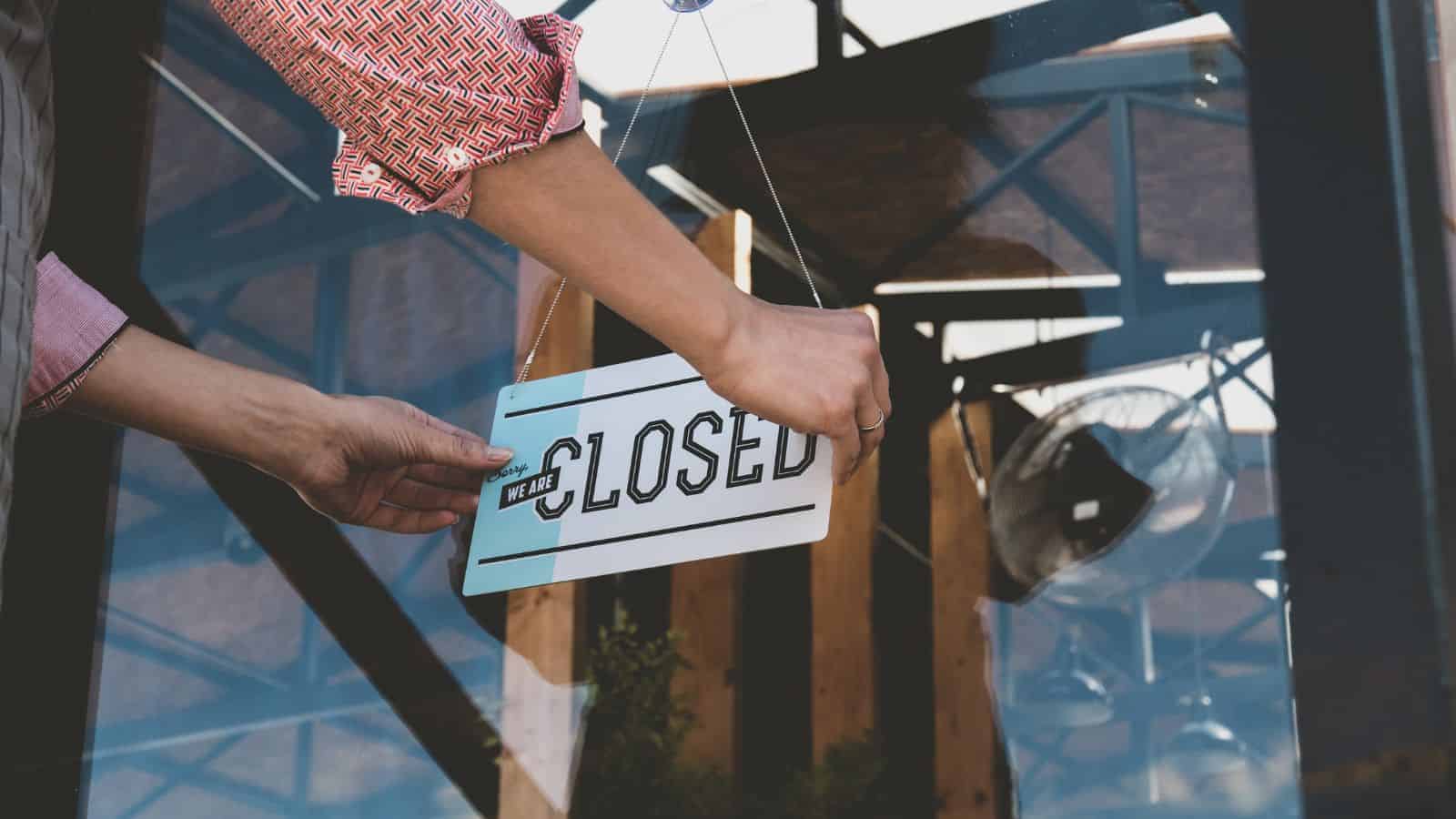
High foreclosure rates in your state or city can lead to a large number of properties being put on the market, which can drive down prices in the area. Foreclosures also suggest to potential buyers that the local economy is unstable, and they might be more wary of investing in your home.
Rising Property Taxes

When property taxes are increased, potential buyers have to factor in more costs of home ownership, meaning they may be able to afford to pay less for the house. CBS News reported that “between 2022 and 2023, property taxes shot up as much as 31% in some parts of the country.”
Decline in School Quality

If you live in a family-friendly neighborhood, the quality of the local schools will make a big difference to your home. Schools that perform badly will be less attractive, and nearby families are likely to move away, meaning more and more houses will be on the market.
Oversaturation of Rental Properties
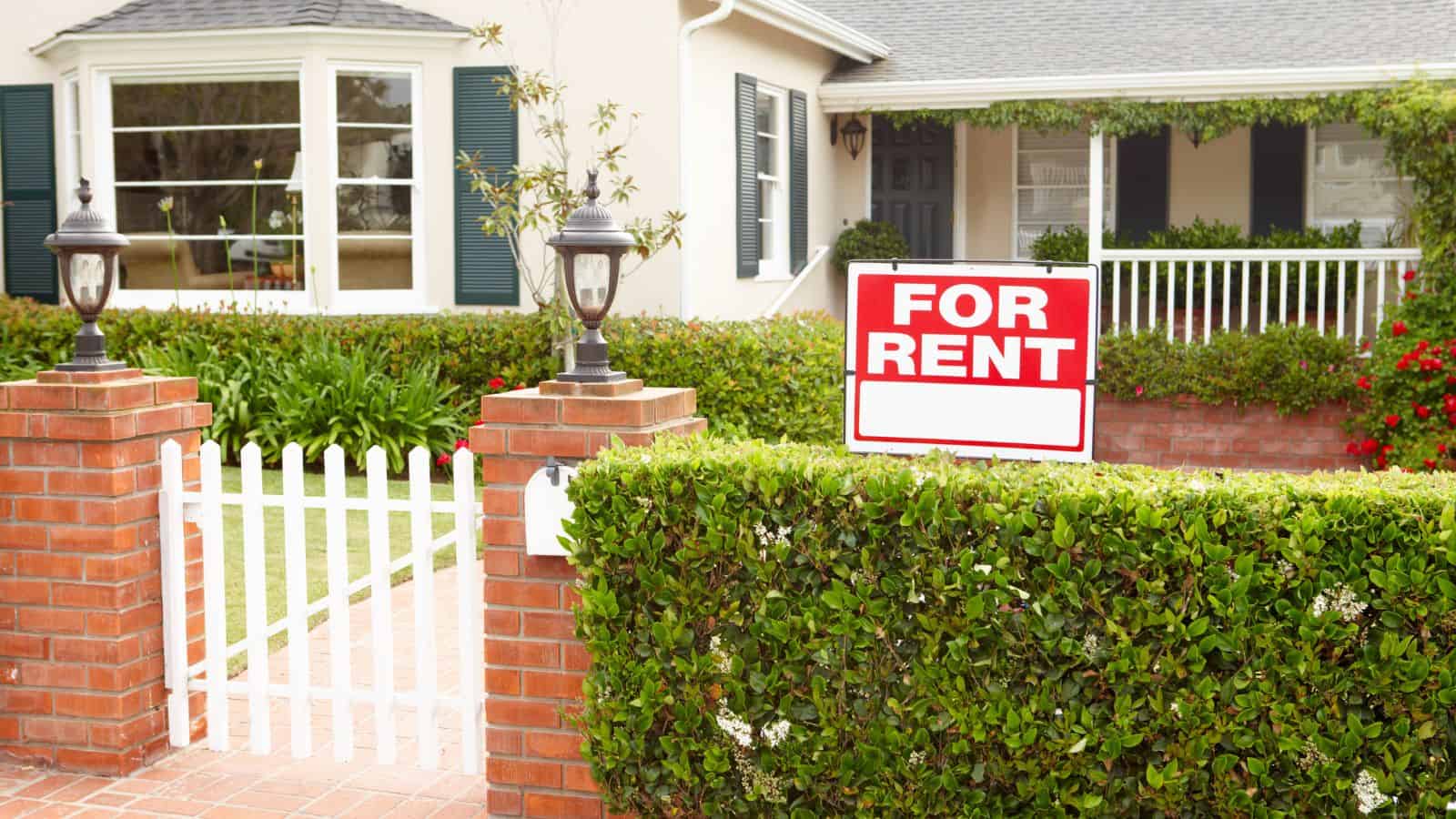
Even if you live on your property, potential buyers may be considering investing in it as a rental house. This means that the number of available rental properties in your area makes a big difference to the value of your home, as it could mean rental prices will be driven down.
Population Decline

Declining population numbers mean there is less demand for housing, driving down prices. This can also mean businesses close as there are fewer customers to serve and the area becomes less attractive to potential buyers. In turn, this can reduce economic activity, naturally bringing property values down.
Economic Shifts

Some areas are fairly dependent on large businesses or industries to keep their economies afloat, and if these businesses shut down or industries start to reduce their activity, it can cause job losses. This means people in the area are unlikely to be able to afford a house purchase, and they may need to leave the area.
Changes in Government Policies

Some government policies aim to increase homeownership, but if they remove or replace them with policies that make it unattractive, demand will significantly reduce. Incentives and tax breaks are just some of the incentives that governments use to help improve property demand.
Aging Housing Stock
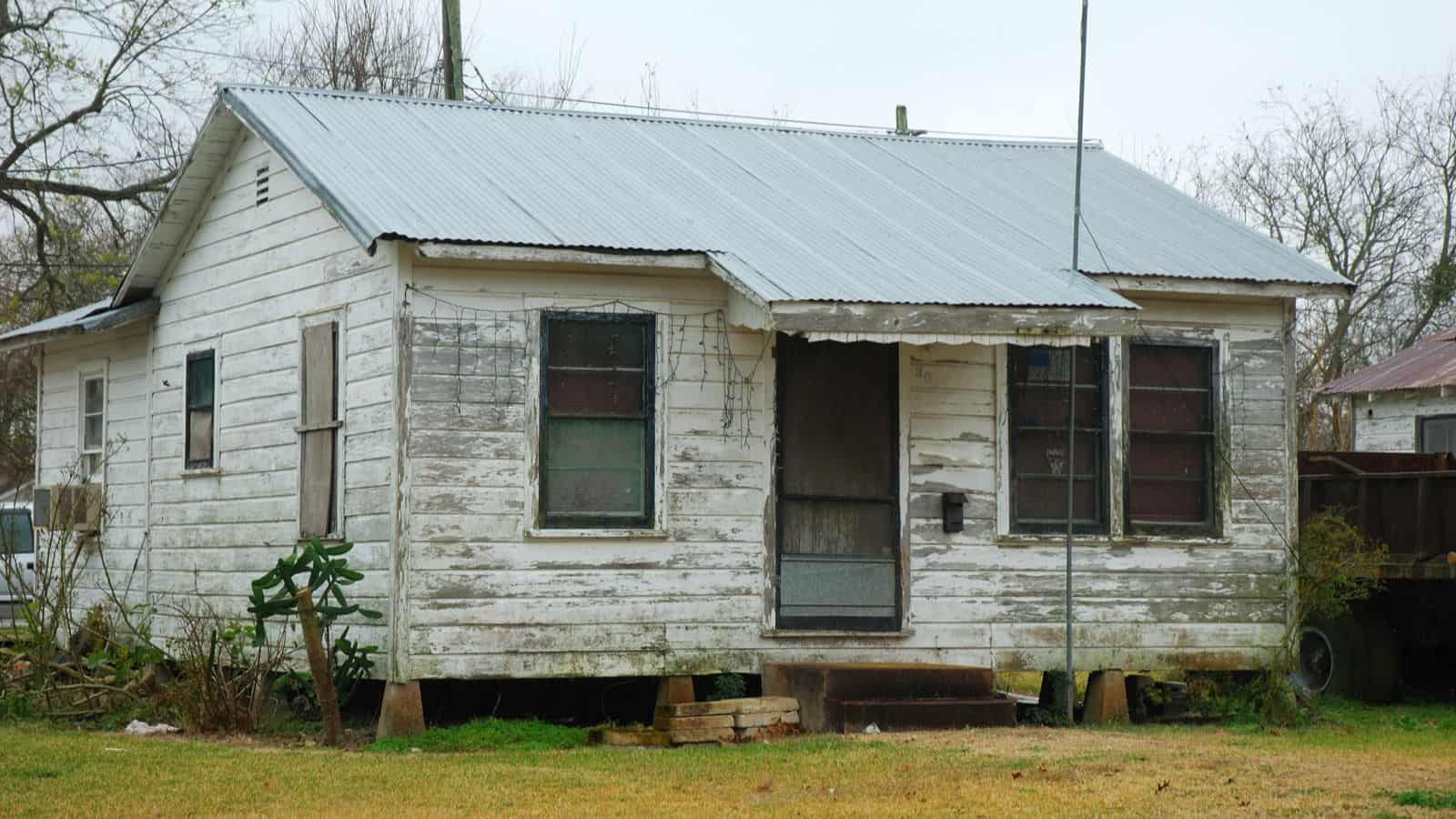
Many buyers prefer newer, more modern homes, as they are easier to care for, fit with modern-day lives, and have better aesthetics. This means older homes, which need more maintenance and cost more to run, are less attractive to some buyers.
Market Speculation

Sometimes, speculation about the market and economy can drive up prices in a short period of time. This is generally unsustainable and makes the market feel unstable, meaning people are wary of making long-term investments in real estate. Although it might inflate the price of your home, you’re unlikely to find a buyer.
Poorly Managed Homeowner Associations (HOAs)

If your house is in an HOA area, it can impact the value of your home. While many buyers like to buy within an HOA, if the association is poorly managed, it can be off-putting. Buyers may also find it worrying to see an HOA that has put a lot of price increases into place or if there are a lot of disputes with residents.
Up Next: 18 Worrying Facts About Life in Medieval Times

The Middle Ages, also known as the medieval period, lasted from 500 AD to 1500 AD and is usually subdivided into the Early, High, and Late Middle Ages. Life in the medieval period was often brutal, with gruesome punishments, wars, and plagues. Here are 18 terrifying facts about life in the medieval period.
18 Worrying Facts About Life in Medieval Times
19 Easy Ways to Fall Back Asleep After Waking Up in the Middle of the Night

We’ve all been there—it’s dark, quiet, and you’re tired, but you’re still constantly tossing and turning, only to finally fall asleep minutes before the alarm goes off! Waking up throughout the night isn’t just frustrating; it also seriously impacts your energy levels. This article focuses on 19 scientifically proven methods that may help you drift back off more easily.
19 Easy Ways to Fall Back Asleep After Waking Up in the Middle of the Night
17 Things That Are Too Woke For Boomers

Our society is so different from what it was decades ago, and boomers don’t like much of what everyone considers normal in today’s society. In this light, here are 17 things about ‘woke culture’ that particularly make boomers uncomfortable.
